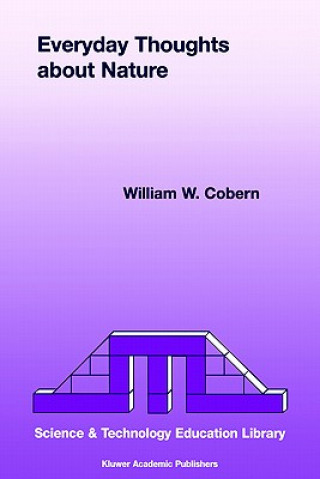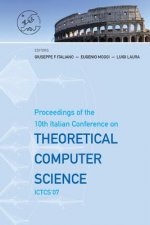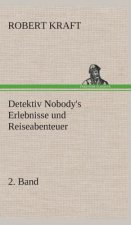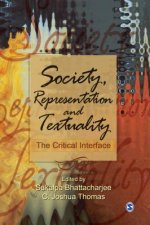
Livraison
Guide d'achat
16 126 809 livres à l’intérieur 175 langues






Afficher toutes les langues (175)
2 047 052 livres numériques à l’intérieur 101 langues






Afficher toutes les langues (101)





Cela ne vous convient pas ? Aucun souci à se faire ! Vous pouvez renvoyer le produit dans les 30 jours
 Bon d’achat
n'importe quelle valeur
Bon d’achat
n'importe quelle valeur
Impossible de faire fausse route avec un bon d’achat. Le destinataire du cadeau peut choisir ce qu'il veut parmi notre sélection.
Everyday Thoughts about Nature
 Anglais
Anglais
 317 b
317 b
 common.delivery_to
common.delivery_to
Politique de retour sous 30 jours
Ceci pourrait également vous intéresser


Dr. Olcbee Lee SchoolofEducation, UniversityofMiami Coral Gables, Florida 33124 I remember my excitement and appreciation several years ago when I first read World View Theory and Science Education Research by Bill Cobern (1991). It was a comprehensive, theoretical discussion ofworldview theory in science education. I am delighted to see that Cobern has taken the next step to provide empirical accountsofworldview in Everyday Thoughts about Nature. . The primary goal of the book is to understand how typical- ninth grade students and their science teachers think about Nature or the natural world, and how their thoughts are related to science. In pursuing this goal, the book raises a basicquestion about the purpose ofscienceeducationfor the public: Should science education seek to educate "scientific thinkers" in the pattern of the science teachers? Or, should science education seek to foster sound science learning within the matrices ofvari ous cultural perspectives? (p. 3) The answer to this question becomes clear, thanks to Cobern's excellent research and persuasivearguments. First, this research takes a humanistic approach in understanding what students and teachers think about Nature "through the language and ideas voluntarily expressed" (p. I). The research used multi directional prompts and encouraged students and teachers to speak freely and at length in any directions they wished. This humanistic approach is stated clearly: "[T]he research seeks to illuminate some of the various ways in which students think aboutNature withoutjudging eventhe most unorthodox perspectives" (p. 14).
À propos du livre
 Anglais
Anglais
Catégories


 Contact
Contact Comment faire ses achats
Comment faire ses achats




















